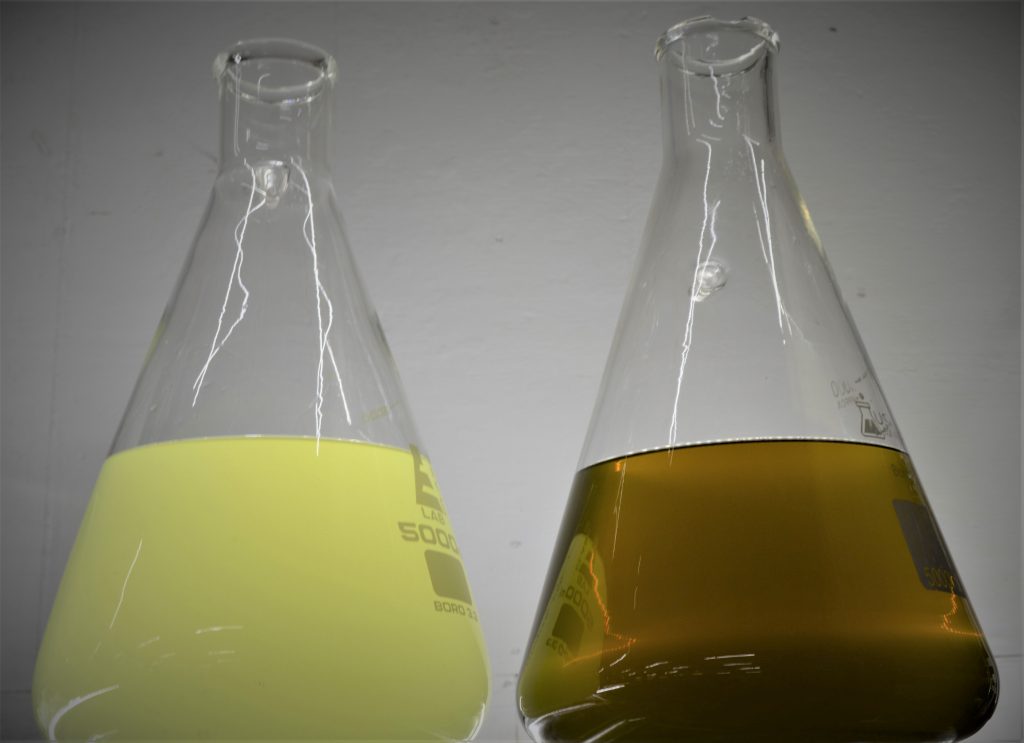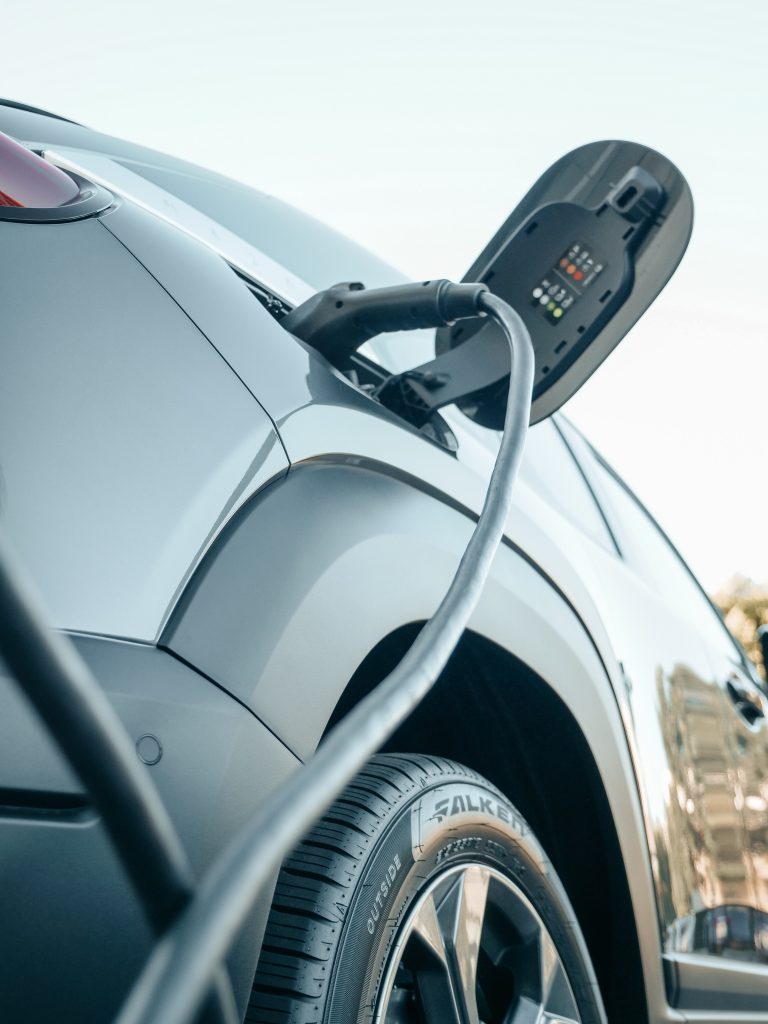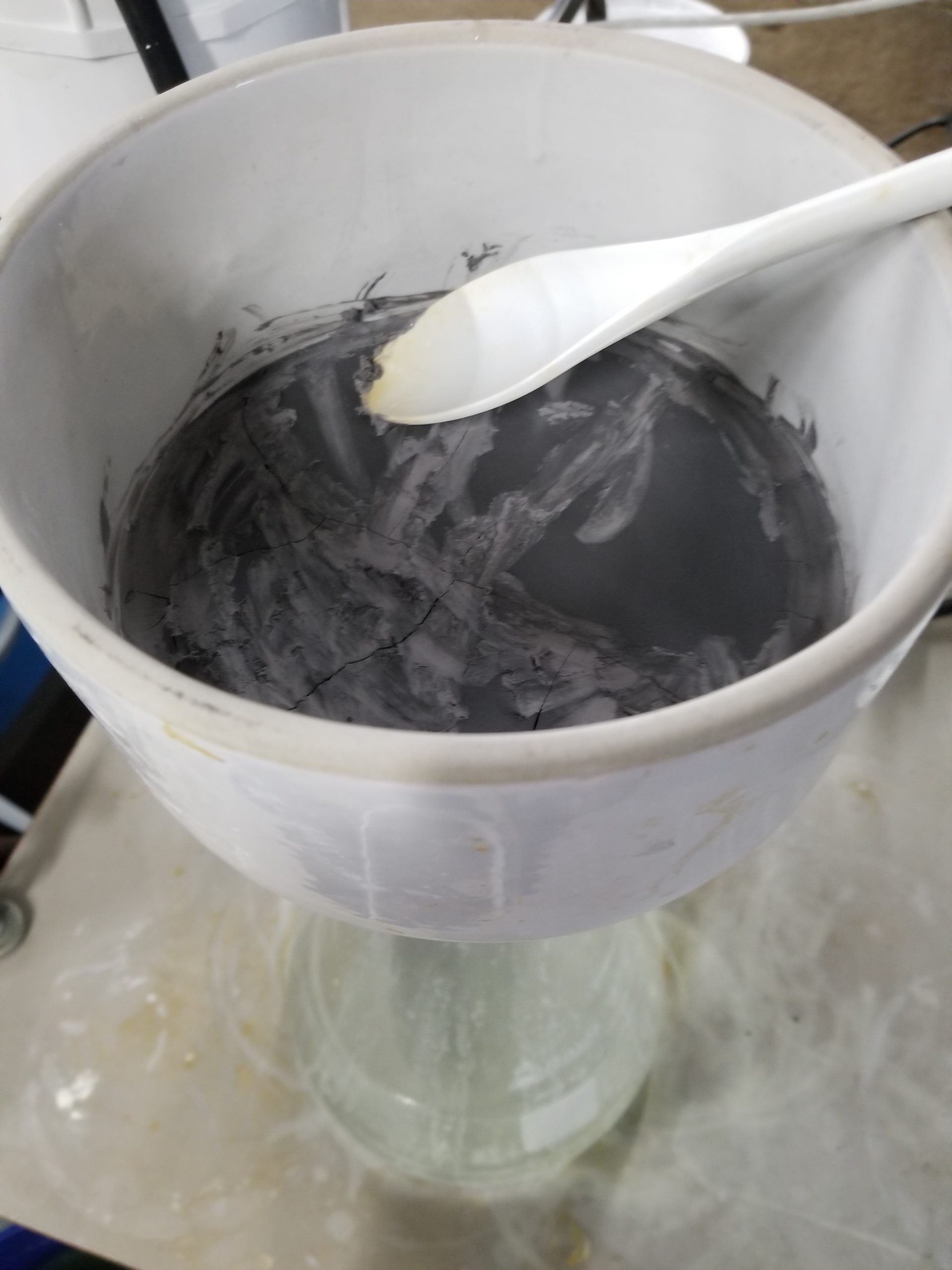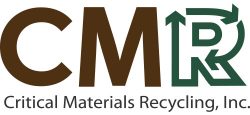Our process
Acid-Free Dissolution Recycling Process (ADR)

What it is
Critical Materials Recycling has been engaged in a multi-phase STTR (Small Business Technology Transfer) project in cooperation with Denis Prodius and Ikenna Nlebedim of the Critical Materials Institute (the developers of the Acid-Free Dissolution Recycling (ADR) process) as a proof-of-concept for commercially viable and environment-friendly approaches for reclaiming rare earth elements (REEs) and cobalt from magnets in different types of electronic wastes generated in the U.S. Critical Materials Recycling’s goal is to use the ADR process to recover critical material REEs as a sustainable renewable REE source and to reinsert these REEs back into the supply chain as oxides, metals and alloys.
It is the only technology that selectively and efficiently recovers critical minerals from dilute electronic waste streams, without limiting further recycling of the other components of the electronic wastes. It also does not require pre-concentration of the magnets in the e-wastes prior to recycling.
Critical Materials Recycling’s collaborative team has successfully applied this process to hard disk drive (HDD) shreds, Neodymium/Iron/Boron magnets and to Samarium/Cobalt magnets (both swarf and slag).
The team has successfully recovered Neodymium, Praseodymium, Samarium, Terbium, Dysprosium, and Cobalt.



Why this process is important
Rare earth metals and alloys that contain them are a key modern-day material used in many applications such as consumer electronics, computer memory, DVDs, rechargeable batteries, catalytic converters, magnets, and fluorescent lighting. The use of rare earth elements are vital for modern life, but the end products are rarely recycled. Recycling often requires the use of aggressive solvents or high temperature metal processing, and has not been historically cost-effective or environmentally superior to mining. Future demand is predicted to far outpace the exponential growth of demand for these rare earth metals and cause supply shortages in the future. Rare earth metals mining is heavily concentrated in a few countries, particularly China, which mines and refines the majority of the global supply of rare earth metals. These supply challenges impact the U.S. economy as well as its national security and energy independence, which is a critical DOE concern. New sources of rare earth elements have been identified in the U.S., but opening new mines requires long lead times (10-20 years) and large capital investments.1

The basics
This new recycling technology is capable of recovering rare earth elements from complete electronic devices without first removing the rare earth containing components. The technology even completes this process by avoiding the use of acids or other environmentally harmful chemicals and techniques. Phase I of the STTR project has been used to build upon proven laboratory results completed by Ames lab to demonstrate the overall effectiveness of this recycling process in an industry setting with mixed recycling feedstock from commercial sources.2 Critical Materials Recycling has then tested the recovery efficiency and purity of the materials recovered and validated that the recovered materials can be reused to manufacture metals suitable for commercial production standards.

What's next?
Phase II of the STTR project is focusing on designing and prototyping a system that will enable scaling and commercialization of the process, including designing a system for a continuous recycling process. Critical Materials Recycling anticipates that when commercially deployed, the ADR process will enable year-round recovery of value from e-wastes. Phase II will also concentrate on securing sources of rare earth element containing materials. Most importantly HDD shreds, magnet slag and swarf, and electric motors. Other sources could be sourced by consumer electronics, computer memory, medical devices, rechargeable batteries, catalytic converters, and fluorescent lighting.
1,2 DOE STTR “Application for Federal Assistance” Reclaim E-Waste DE-FOA-0002146, SBIR/STTR FY 2020 Phase I Release 2, Topic 6c
